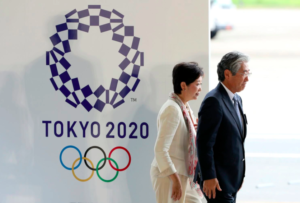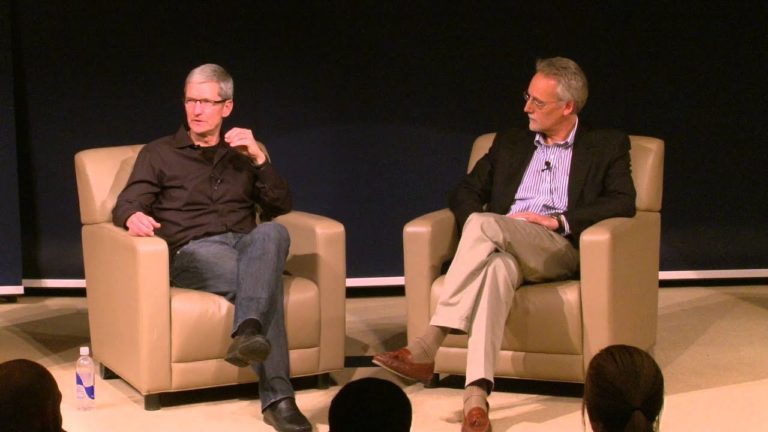
https://www.boj.or.jp/en/research/brp/ron_2016/data/ron160121b.pdf
https://www.washingtonpost.com/sports/2018/10/09/surprise-no-one-tokyo-olympics-are-going-massively-overbudget/?noredirect=on
Warm up
—- ** FOR NEW STUDENTS ** —————————————- ———–
- What industry do you work in and what is your role?
- What are your responses in your role / position?
- Can you describe to the function of your workplace / company?
- How many departments, how many offices. National or International?
- What is the Minimum requirements for employment ie Education or Experience?
- How many opportunities are there to ‘move up the ladder’?
- What is the process for changing job roles ie Interview? Test?
——————————————————– ————————————————— —
General discussion about your workweek:
- Current projects? Deadlines? Opportunities?
- Anything of interest happening?
——————————————————– ————————————————— –
Script
- The Tokyo Olympics, scheduled to be held in 2020, can be expected to have positive effects on the Japanese economy. Such effects will come mainly through the following two demand channels: an increase in foreign tourism, and an increase in construction investment associated with this event.
- The number of foreign visitors to Japan has been growing steadily, mainly due to the easing of visa requirements and the depreciation of the yen. The government fs target of reaching 20 million foreign visitors by 2020 will likely be achieved. Nevertheless, taking other countries as a yardstick, there is still ample room for an increase in the number of foreign visitors, and it is certainly possible to further promote tourism in Japan, for example by reinforcing measures to attract foreign tourists in the run-up to the Tokyo Olympics.
- **Assuming the current pace of increase continues, the total number of annual visitors to Japan could reach 33 million by 2020, it says. That level is essentially on a par with the number of foreign visitors to the United Kingdom, which hosted the Olympic Games in 2012. The number of visitors to Japan could rise even further if efforts by the public and private sectors to promote tourism in Japan are successful, the BoJ says. **
- The experience of past host countries shows that the key is to achieve a lasting increase in tourism by promoting touristic resources nationwide. For Japan, this means, for example, establishing routes that allow tourists coming to Japan for the Olympic Games to make excursions to regional areas in addition to visiting the Tokyo metropolitan area.
-
Construction investment associated with the Tokyo Olympics includes not only that directly related to the building of facilities for the Olympic Games, but also various types of indirectly related construction investment, such as the construction of new hotels and the refurbishment of existing hotels in the private sector, urban redevelopment, the construction of commercial facilities, and the enhancement of transportation infrastructures.
**Most private-sector analysts estimate total construction investment to come in at around ¥10 trillion (32.9 billion) according to the BoJ**
-
SEE Chart 12: Major Construction Projects Related to the Tokyo Olympics
- Based on the experience of previous host countries, construction investment associated with the Tokyo Olympics is projected to increase substantially during 2017 and 2018 and then peak out toward around 2020. To avoid large business cycle fluctuations due to the boom-and-bust in construction investment, it is necessary to create new demand through various measures to help strengthen economic growth such as deregulation in addition to the measures to attract tourists mentioned above.
-
SEE BOX: Examples of Initiatives in Past Host Countries
- At the same time, in order to meet such new demand, supply-side efforts should be taken to tackle the structural labor shortage facing Japan today by increasing labor productivity and further raising labor participation of women and the elderly.
Discussion
1. In what ways do you expect the Olympics to effect Tokyo/Japan
- in the short term?
- And in the long term?
2. Describe how this might be a positive OR negative change
3. What do you anticipate the most / what are you looking forward too?
Some unforeseen effects ( comments online )
- “In the realm of tattoos and foreigner relations, there’s a real possibility that a lot of really old, really ingrained, and really negative thoughts could start to disappear. More onsens, gyms, hotels, and the like are allowing or testing allowing foreign guests with tattoos, which is a huge step forward. “
- “People have been talking about the need to improve the way English is taught and maybe put up more English signs “
- “There’s also the risk that Japan could basically turtle after the Olympics and just hate foreigners all together. All those loud people who don’t know or care about the precious social rules of Japan could cause a new wave of xenophobia unseen since the 80’s. It’s worth remembering that Japan is a country where people live, work, and have non-Olympic business to worry about.”
- “In 2013, Tokyo officials said they could stage the Games for 829 billion yen, or $7.3 billion at the current exchange rate of 113 yen to the dollar. It was a thrifty plan, at least compared to other Olympics. It also was a work of wildly optimistic fiction, as such initial figures always are when the Games are concerned.”
- “International Olympic Committee has struggled to find willing bidders to host the Games in recent years because they’ve become such a financial boondoggle”
Keywords
- channels = direct towards a particular end or object
- associated / connected
- depreciation = a reduction in the value, often because of “wear and tear”
- easing / facilitate = make (something) happen more easily or possible
- Nevertheless / however / regardless / still, yet, but, though
- yardstick = a standard used for comparison.
- ample room = more than enough / abundant ample space/room/time
- reinforcing / strengthening
- run-up / leading up to / coming up
- excursions = day trip / a change of direction away from the normal path
- refurbishment = the renovation and redecoration of something usually a building
- fluctuations = an irregular rising and falling in number or amount
- boom-and-bust = when the economy rapidly grows and then suddenly/abruptly goes in decline
- Various measures / various ways/resources
- deregulation = the removal of regulations or restrictions, especially in a particular industry.



